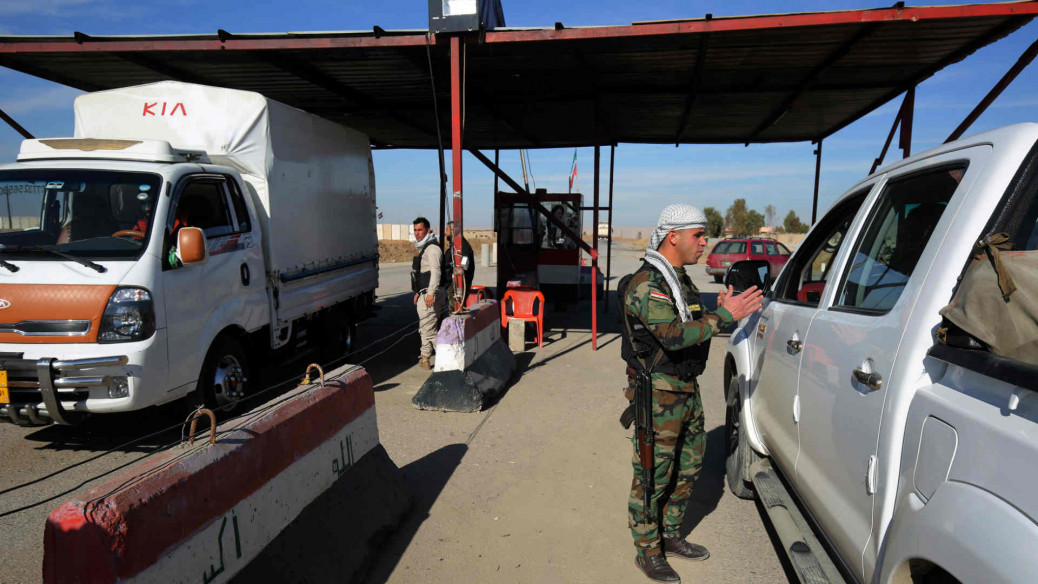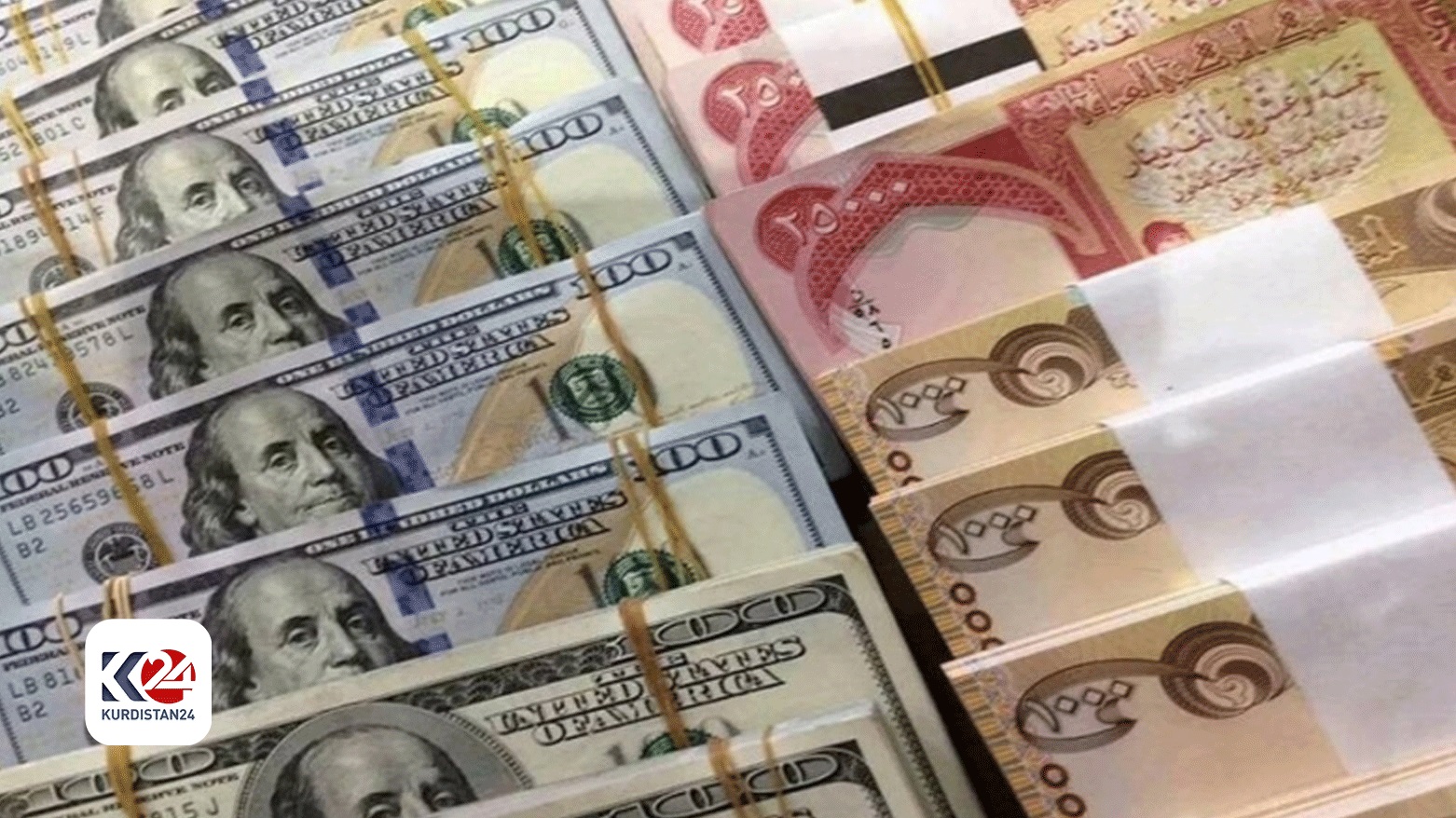Billions Vanish: Iraq’s Border Corruption Bleeds National Revenue
The unchecked power of militias and a fragile government fuel Iraq’s economic downfall.

ERBIL (Kurdistan24) – Iraq’s border gates, meant to serve as vital arteries for trade and national revenue, have instead become black holes of corruption, where billions of dinars disappear into the shadows of mismanagement and armed influence.
Iraq operates 24 border gates across air, land, and water routes—five maritime ports, 16 land crossings, and three international airports. In just the first two months of 2025, these border gates generated over 400 billion Iraqi dinars ($306 million). Projections suggest that by the end of the year, their total revenue could reach a staggering 2.4 trillion Iraqi dinars ($1.8 billion). Yet, these figures tell only part of the story.
The real issue is not how much Iraq collects from these border gates, but where the money goes. Every year, more than 3 trillion Iraqi dinars ($2.3 billion) from border revenues simply vanish. According to economic experts, these gateways should be generating approximately $6 billion annually. However, official figures reveal that only $1 billion makes its way into the federal budget. The rest? Stolen.
At the heart of this massive financial hemorrhage are Iran-backed armed militias and a weak federal government, unable—or unwilling—to enforce full control over its border operations. These militias exert influence over customs procedures, manipulating imports, exports, and tariffs to siphon funds away from state coffers. The result is a country deprived of resources desperately needed for infrastructure, public services, and economic stability.
Corruption in Iraq is not a new phenomenon, but the scale at which border revenues are being drained reflects a deeply entrenched system of illicit enrichment. Decades of political instability, sectarian conflict, and external influences have created an environment where accountability is almost nonexistent. While Iraqi leaders have often vowed to tackle corruption, systemic reform remains elusive. The federal government’s inability to control its own border crossings speaks to a broader governance crisis that weakens the state’s legitimacy and economic resilience.
The misappropriation of these funds has real consequences for Iraqis. With billions of dollars lost each year, essential public services remain underfunded, development projects are stalled, and the nation's economic recovery is continuously undermined. Meanwhile, militias and power brokers continue to enrich themselves at the expense of the Iraqi people, further entrenching their grip on the country’s political and economic structures.
The question remains: Will Iraq’s leadership take decisive action to reclaim its borders and revenue streams? Without concrete measures to curb corruption and enforce border security, Iraq will continue to hemorrhage billions, leaving its people to bear the brunt of unchecked financial plundering.
